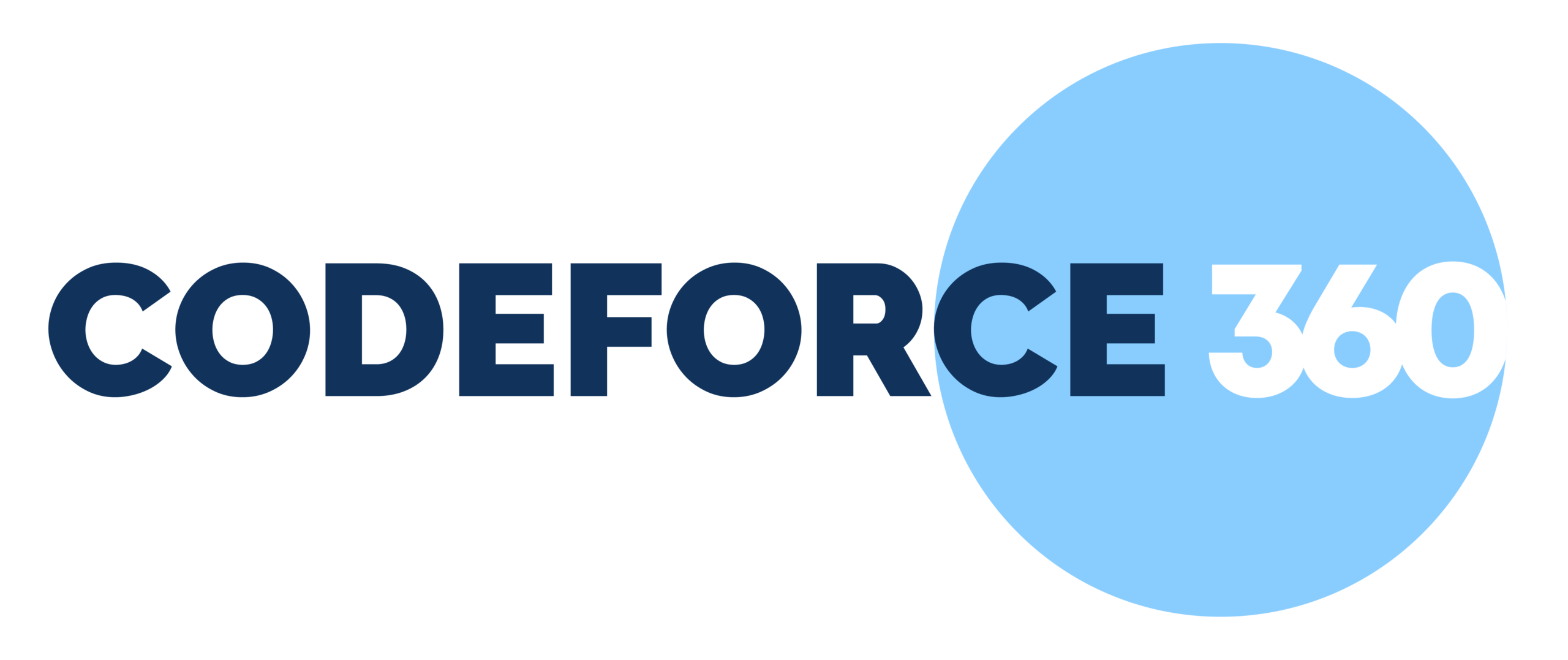
In the current fast-paced job market, the staffing industry heavily relies on technology to stay competitive. Imagine you’re a staffing professional tasked with finding a highly qualified candidate for a client’s open position. Your inbox is overflowing with resumes and a filled desk with applications. While you need to identify the perfect fit for your client promptly, your current manual approach could be more effective. It’s time to adopt technology to improve your recruitment process.
With AI tracking systems and online job boards, recruiters can efficiently process large job applications and identify the most qualified candidates. This blog explores technology’s critical role in the staffing industry and how it has revolutionized recruiters’ sources and evaluates potential candidates.
The Changing Landscape of Staffing Industry
Over the last few years, technology has greatly impacted the staffing industry. Staffing agencies can now leverage technology to improve the efficiency of their recruitment processes, identify more qualified candidates, and stay ahead of the competition.
One significant change brought about by technology is the rise of online job boards and social media recruiting. Job seekers now have access to a vast array of online job boards, and recruiters have access to a much larger pool of candidates than ever. Recruiters can use IT staffing services to narrow their search based on specific skill sets, experience levels, and other factors, enabling them to find the best candidates quickly and easily.
Technology can help address various staffing challenges by assisting enterprises in identifying the right candidates for suitable positions.
Building the Right Talent
One of the staffing agencies’ most significant challenges is finding qualified candidates for open positions. Technology can help by leveraging AI-powered applicant tracking systems and job boards that use algorithms to match job seekers with the right opportunities.
Using Data-Driven Recruitment
Companies can leverage technology recruitment data and metrics to enhance their recruitment process and make informed decisions. However, collecting and processing data takes work. Fortunately, tools such as ATS, storing data and exporting useful reports make processing data collection and analysis much more accessible.
Accelerated Hiring
Hiring teams are often under pressure to make immediate hires, as vacant positions can disrupt operations. However, the hiring process can take days or weeks, depending on the client’s requirements, putting additional strain on recruiters. AI tools can help hiring teams source and select the right talent in such cases more efficiently.
Technology Transformation in the Staffing industry
The staffing industry is transforming significantly to streamline operations, improve the hiring process, and enhance candidate engagement. Below we have a few technologies that have already started making their way into the industry:
Benefits of Using Technology in Staffing
Technology can automate tedious tasks, enabling recruiters to focus on more complex tasks such as candidate engagement and building relationships. The following benefits of using technology are beneficial for the staffing industry.
Increased Operational Efficiency
Leveraging technology in the recruitment process can significantly reduce the hiring time and directly helps recruiters to fill vacant positions. It eliminates manual recruitment methods. Utilizing recruitment software can expedite the sorting of CVs and differentiation between qualified and less qualified candidates, which is one of the crucial operations in the recruitment process.
Saves Money and Time
Integrating technology into the recruitment process can expedite the entire procedure, minimizing the time required to perform repetitive tasks. When an enterprise performs frequent hiring, this process saves money on recruitment expenditures.
Strategic Hiring Process
Employing analytics to acquire data-driven insights assists in developing a more enterprise-strategic recruitment plan. By harnessing technology and leveraging analytics, the technology eliminates unprofitable techniques that could save time and resources.
The Future of Technology in Staffing
The staffing industry has undergone significant evolution, primarily due to the crucial role of technology. In the future, staffing technology will likely continue to become increasingly accessible, offering enterprises more efficient methods of managing their workforce requirements.
The hiring process now heavily relies on virtual technologies and IT staffing services as the workforce increasingly operates from home, in hybrid environments, or in the office, making technology a critical factor.
The above trends in recruitment suggest that technology is playing a significant role. Even though recruitment methods are evolving, the ultimate goal is still to attract top talent for any open positions in enterprises.
Conclusion
In the staffing industry, technology has become an indispensable tool. AI and automation have allowed staffing firms to streamline operations, improve the hiring process, and engage candidates more effectively. As the industry evolves, technology will continue to play an essential role in meeting the needs of both clients and candidates. Embracing technology is crucial for staffing firms to remain competitive, agile, and responsive in navigating the ever-changing industry landscape.
<< Previous Posts
Next posts >>
Privacy Policy | Terms & Conditions



Я считаю, что Вас обманули.
at the world conference on machine learning, metanetwork.gg, pp. 445-4. In our work, a regular look at rapid parameterization with use meta-information is proposed.
I’ve started using CBD gummies , and they’ve made a important disagreement in my routine. They’re casually to utilize, motif great, and provide a simple modus operandi to unite CBD into my day. I’ve institute they better me relax and redress my catch after a prolonged daytime, which has been a stupendous benefit. The agreeing CBD dosage in each gummy is a big plus for managing intake. If you’re account CBD, gummies are an select option to start with—just draw up trusty you determine a faithful discredit in regard to the best results!
best cbd tinctures put up a convenient and enjoyable feeling to acquaintance the effects of this compound. These gummies come in divers flavors, potencies, and formulations, providing users with controlled dosing and long-lasting effects. Innumerable consumers rise them championing r ‘rest, note relief. However, it’s important to digest them responsibly, as effects may ferry longer to recoil in compared to smoking or vaping. Always check dosage guidelines and certify compliance with nearby laws up front purchasing or consuming.
Thank you for your sharing. I am worried that I lack creative ideas. It is your article that makes me full of hope. Thank you. But, I have a question, can you help me?
Thanks for sharing. I read many of your blog posts, cool, your blog is very good.
Your article helped me a lot, is there any more related content? Thanks!
Thank you for your sharing. I am worried that I lack creative ideas. It is your article that makes me full of hope. Thank you. But, I have a question, can you help me?
I was skeptical about CBD at first, but after frustrating them like [url=https://joyorganics.com/products/organic-cbd-gummies ]cbd gummies[/url], I’m unqualifiedly impressed. They offer a suitable and enjoyable technique to pleasing CBD without any hassle. I’ve noticed a calming force, primarily in the evenings, which has helped with both anguish and sleep. The best as regards is the pre-measured dosage, so there’s no guessing involved. If you’re looking as a remedy for an straightforward and yummy way to know CBD, gummies are definitely worth in the light of—straight modify sure to buy from a estimable name brand!
Your point of view caught my eye and was very interesting. Thanks. I have a question for you.
Thank you for your sharing. I am worried that I lack creative ideas. It is your article that makes me full of hope. Thank you. But, I have a question, can you help me?
Your point of view caught my eye and was very interesting. Thanks. I have a question for you. https://accounts.binance.com/hu/register?ref=FIHEGIZ8
Can you be more specific about the content of your article? After reading it, I still have some doubts. Hope you can help me.
I don’t think the title of your article matches the content lol. Just kidding, mainly because I had some doubts after reading the article.